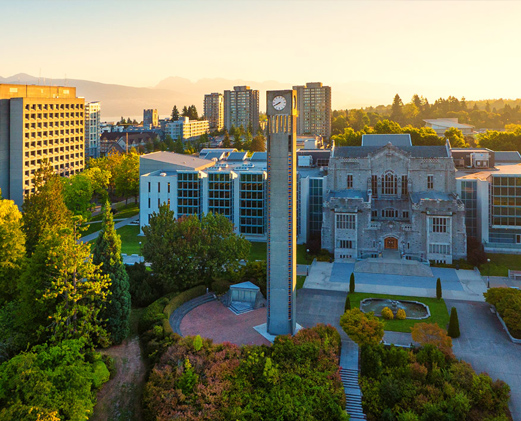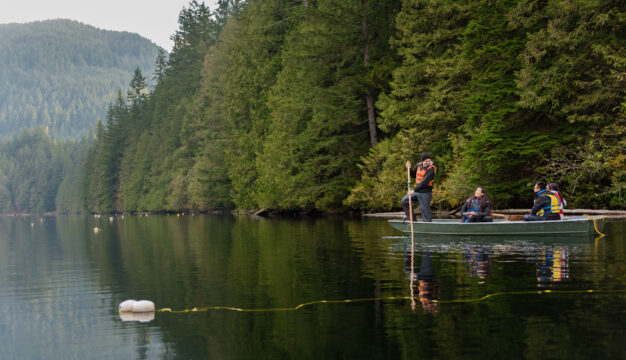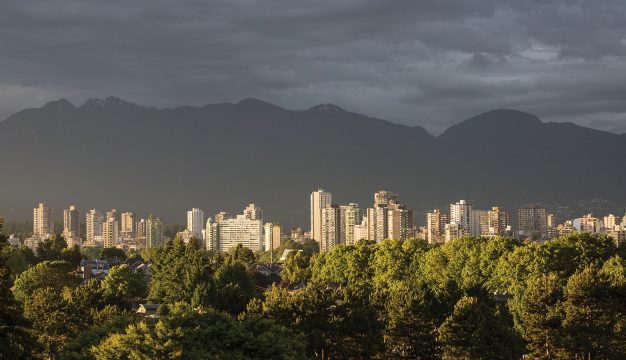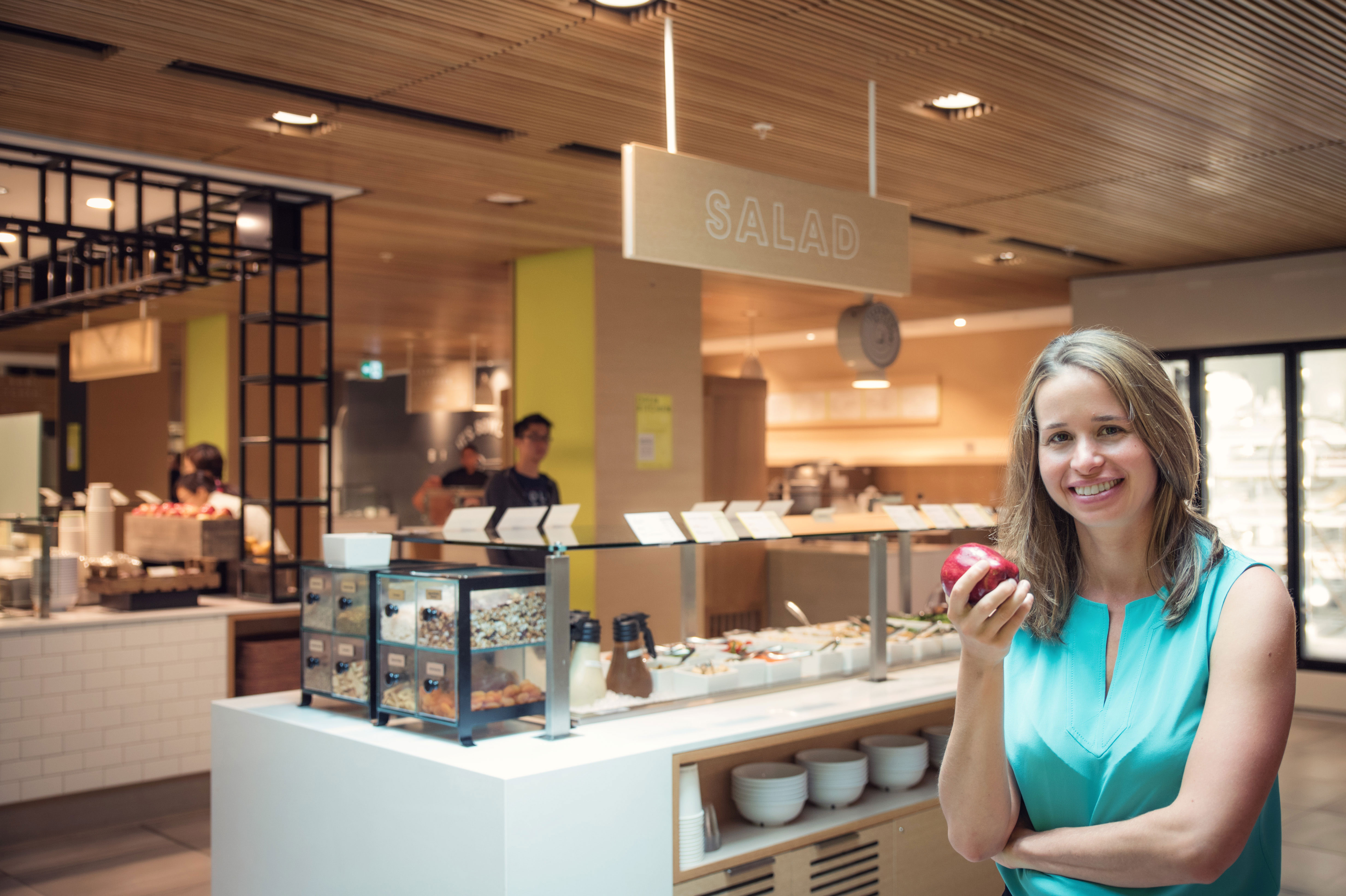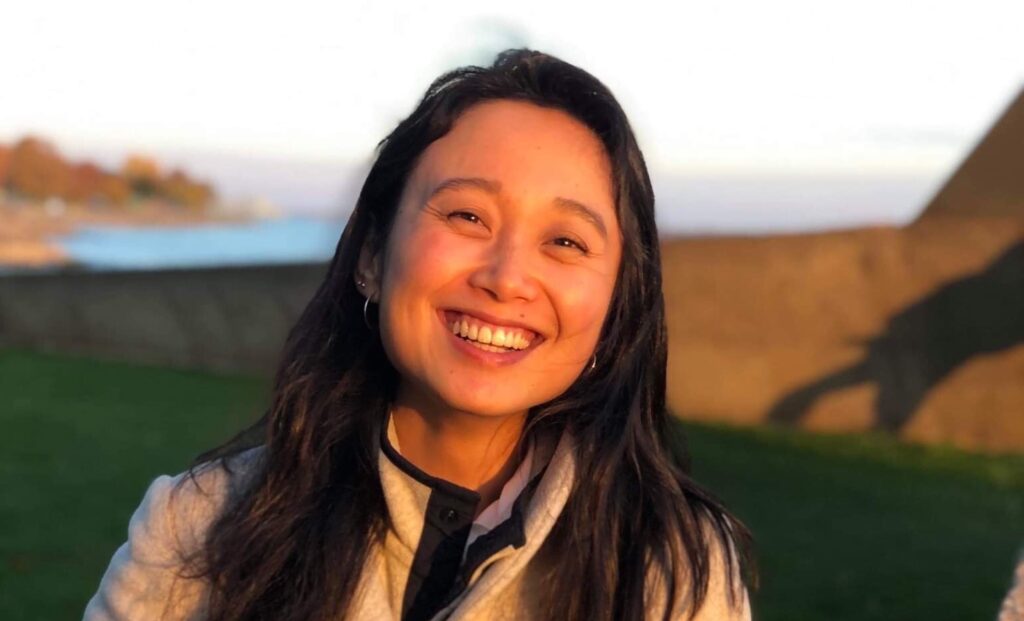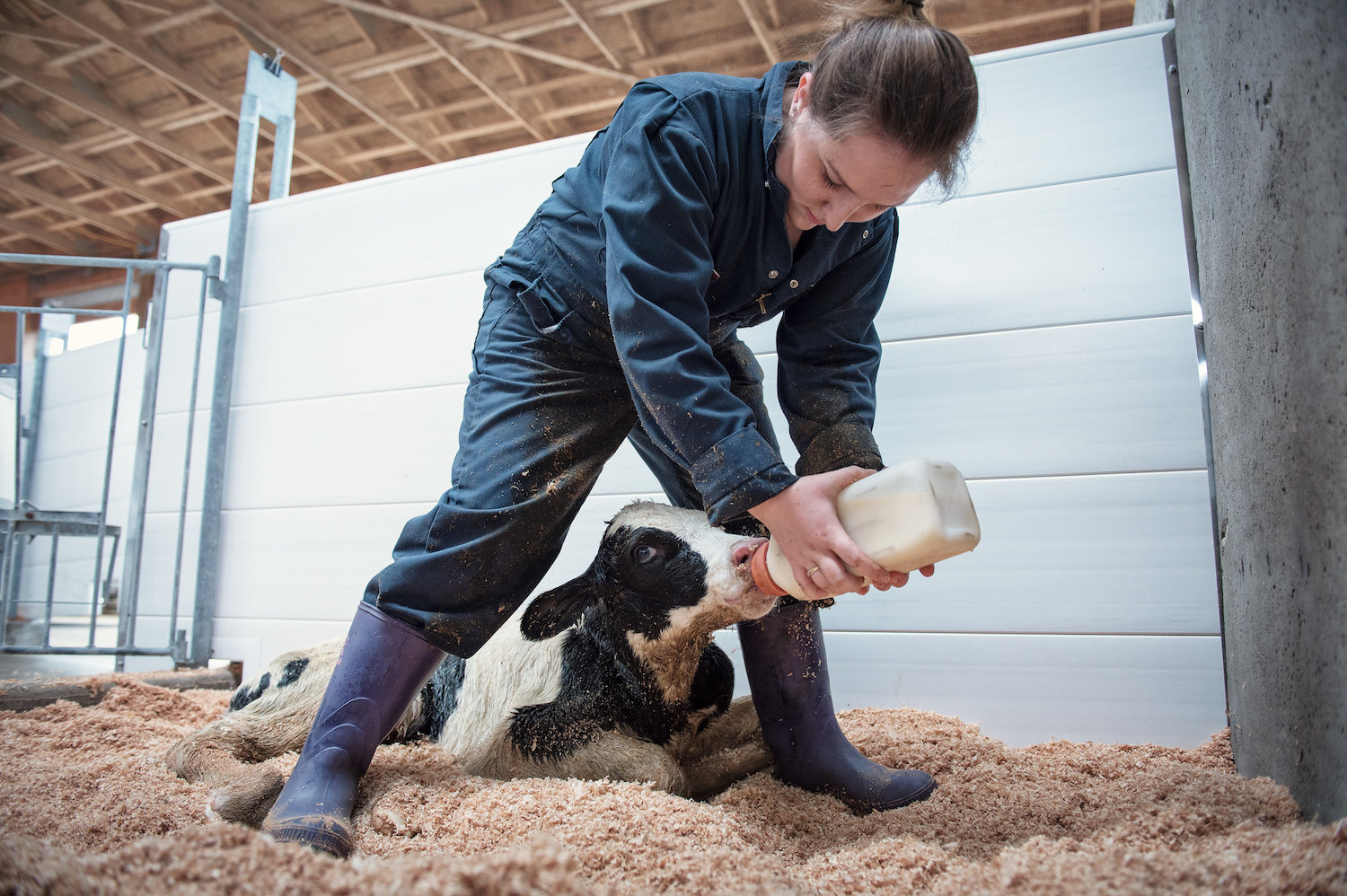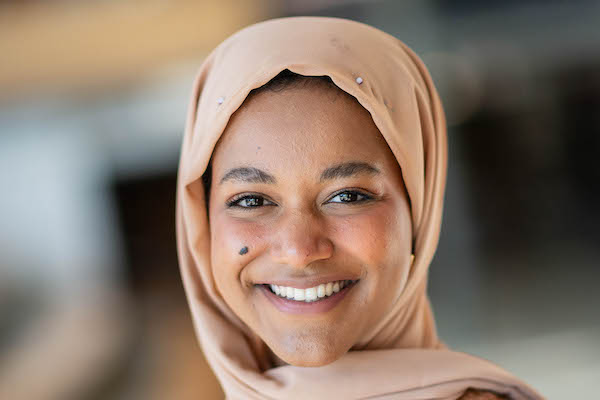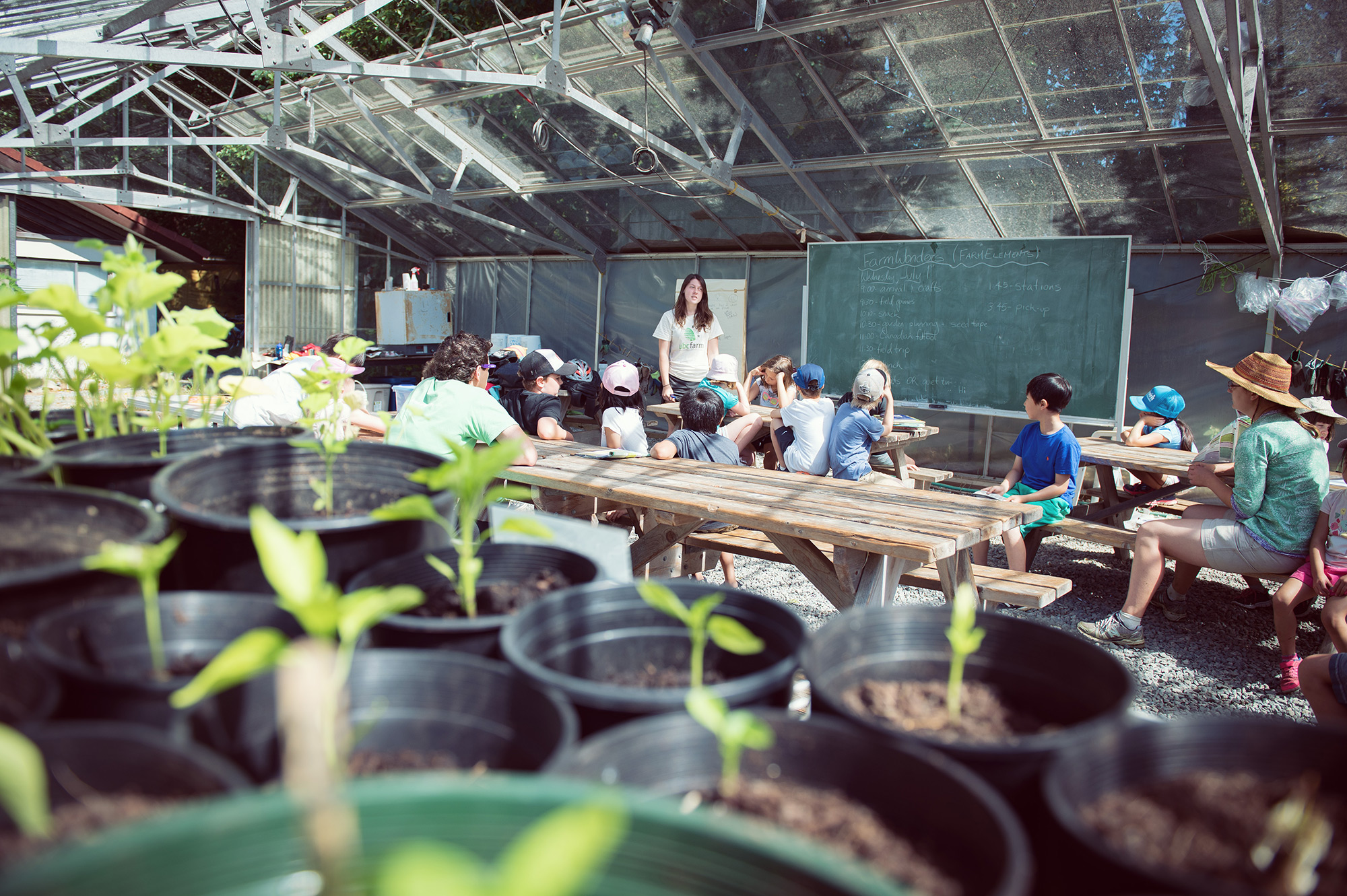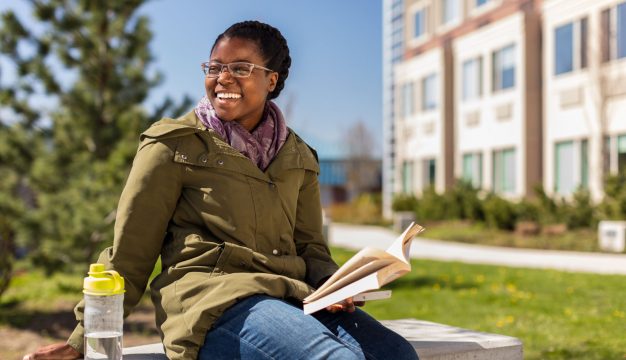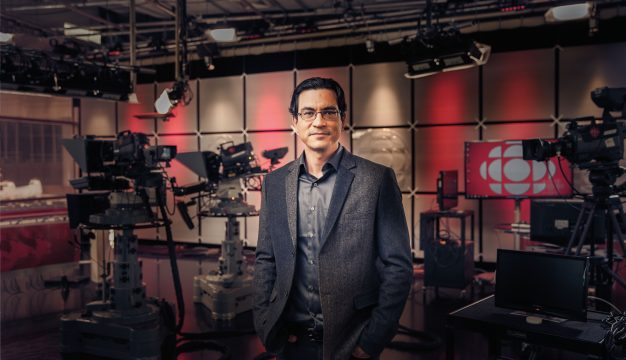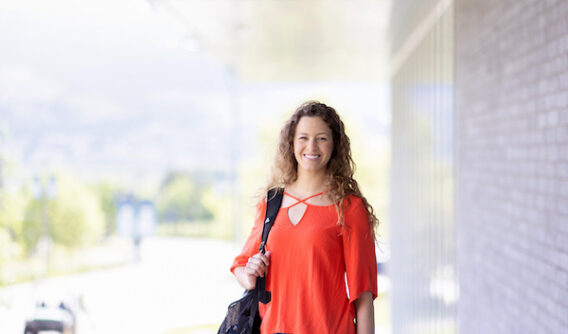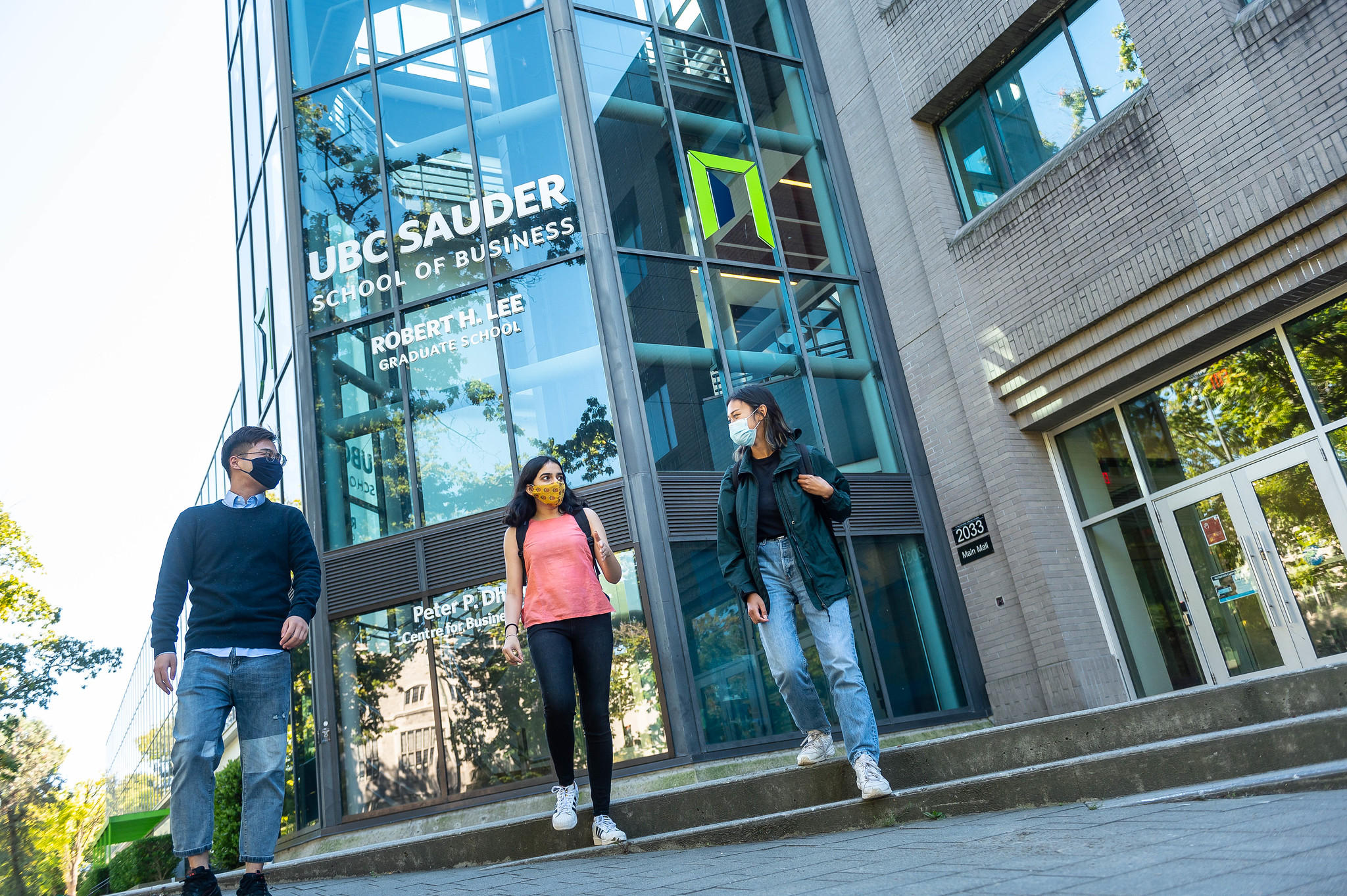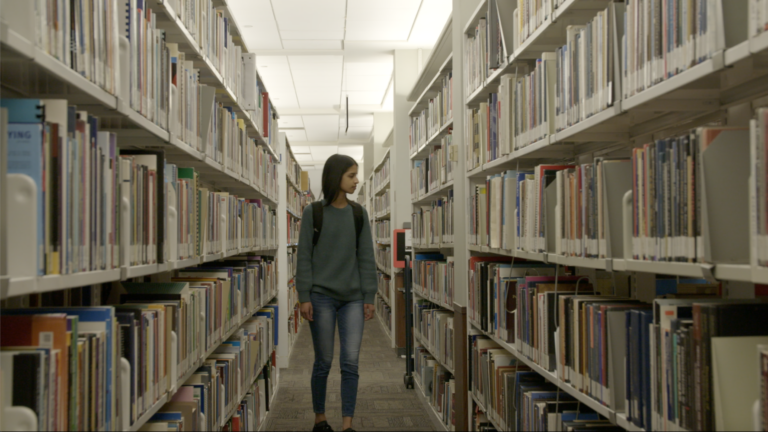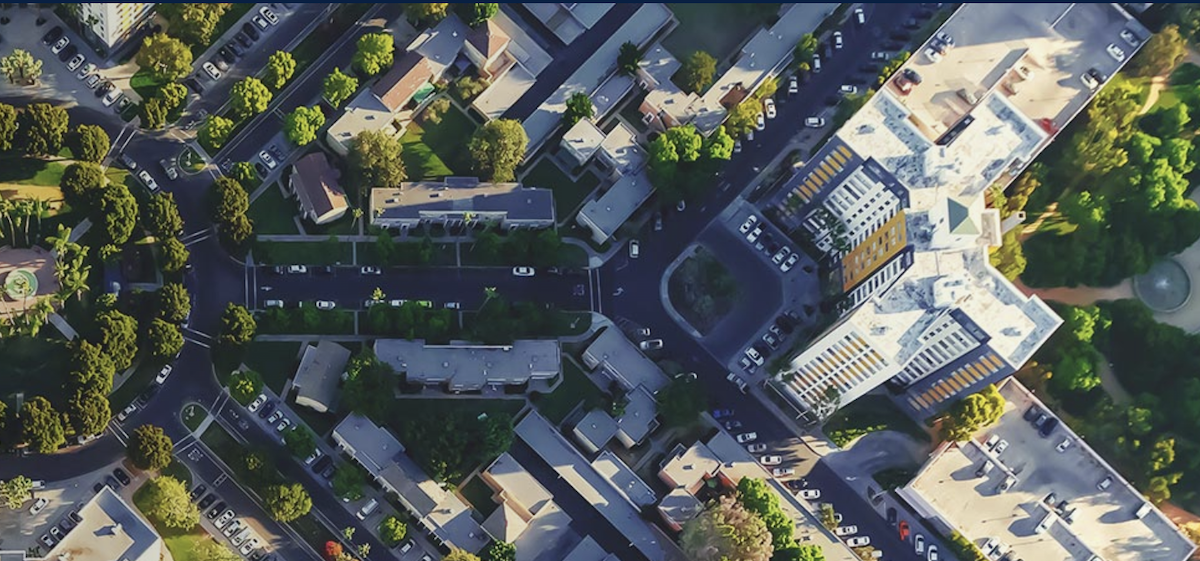
Do you want to help create more sustainable and greener communities? Do you have a passion for the urban environment and want to learn more about sustainability, green space planning, and nature in the city?
UBC’s Bachelor of Urban Forestry is the first undergraduate Science degree in Canada dedicated to the planning and management of urban green spaces in order to help cities adapt to climate change and care for their citizens’ mental and physical health.
The program teaches you about planning and managing urban green spaces and ecosystems for human welfare, ecological health, and the protection of our cities’ support systems. You can learn how to tackle the problems arising from increased urban populations and global warming, and help create more sustainable and greener communities.
“The program gave me the ability to balance an urban lifestyle while pursuing my passion for the outdoors. When I was just getting started, I quickly realized that the industry is buzzing and that the skills I was learning were in high demand. The design aspects of the program allowed my ideas to come to life and curated a set of practical skills for producing green sustainable landscapes. My favourite part of the urban forestry program was solving real-life problems by using green design, making cities more liveable. The integrated foundation of traditional forestry, landscape architecture, and design makes the urban forestry program the most competitive degree in the expanding greenspace management industry.” – Reginald Daniel, Alumnus, Urban Forestry
What you learn in Urban Forestry
Urban Forestry covers a wide range of subjects, including urban ecology, sustainability planning, recreation, human well-being, and forest sciences and management.
It is taught in collaboration with the School of Architecture and Landscape Architecture and teaches important and transferable skills related to:
- Smart data.
- Modelling and visualization.
- Planning and design methods.
- Community engagement and communications.
- Policy, economics, and legal and professional practice.
Core subjects include urban ecology and management, green space planning and design, recreation and well-being and climate change and sustainability.
The program is also very hands-on and provides many opportunities for experiential learning. Students participate in field courses in the Vancouver area and complete international case studies based on UBC research and the University’s professional networks in Asia, Europe, and North and South America.
Student scoop
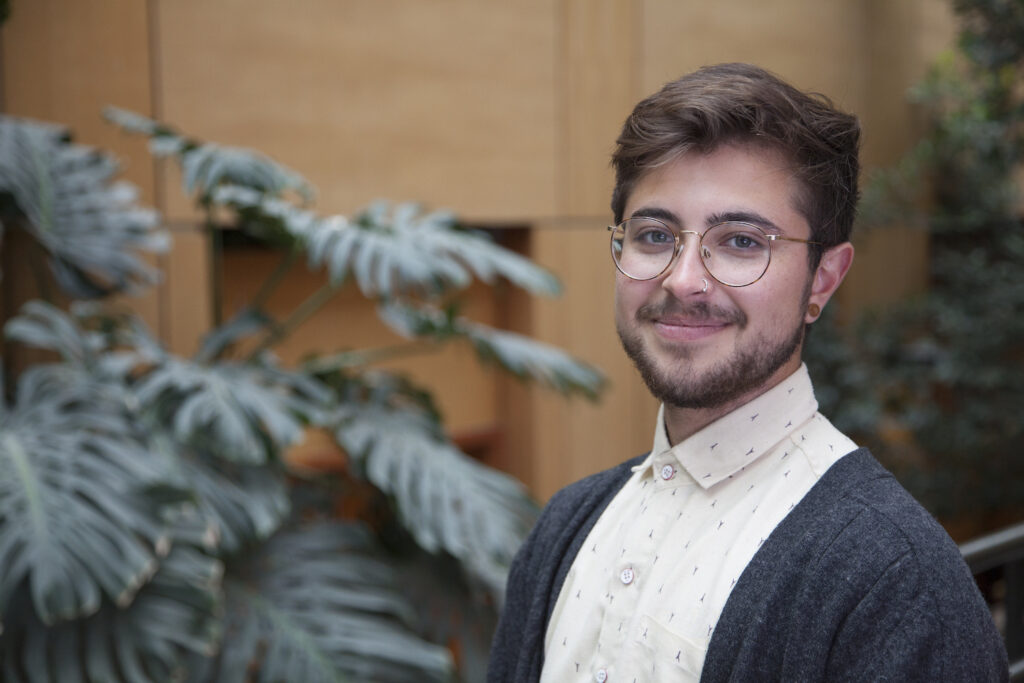
“The best part of Urban Forestry is the tight-knit community between the professors and the students. Having such a small program has enabled room for these connections that I don’t think you get in many programs.”
– Elliot B. Read about Elliot’s experience as a student in the Urban Forestry program.
Why choose Urban Forestry?
UBC’s Faculty of Forestry is the most award-winning forestry faculty in the world. Students will learn from professionals from both the Faculty of Forestry and the School of Architecture and Landscape Architecture, having access to high-calibre instructors and state-of-the-art facilities.
The Faculty of Forestry also has the highest level of research funding of any forestry faculty in Canada, as well as a small, supportive community with smaller class sizes and opportunities for personalized mentoring, support, and guidance from professors.
What can you do after graduating?
As an Urban Forestry graduate, you’ll have the knowledge and skills required to meet the growing demand for urban forest managers and urban forest planners. You can apply what you’ve learned to help manage urban forests, make cities more livable, and make informed city planning decisions. As a graduate, you can pursue a career as a city forester, a municipal arborist, a green infrastructure planner, a parks and recreation manager, or an urban forestry consultant.
